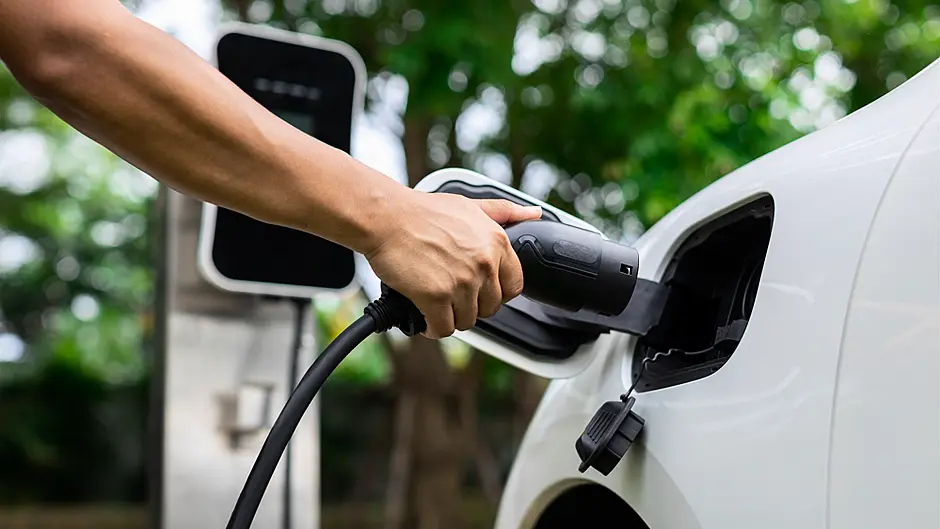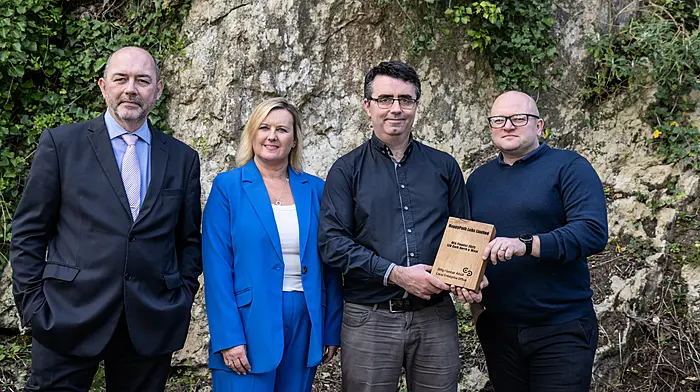CORK is one of the worst counties in Ireland in terms of availability of electric vehicle charging infrastructure for zero emissions vehicles.
The rebel county ranks 22nd nationally on a table based on data released by connected transport solutions company, Geotab.
With 718 ‘battery electric vehicles’ sold in Cork over the past ten years, the county has one charger for approximately every 19 vehicles. Kerry ranks highest, with one charger for every six BEV in the county.
Despite the relatively low number of chargers in Cork, public charging infrastructure has been improving steadily across the country in the past number of years.
Analysis by the Irish EV Association revealed that the scale of infrastructure at the end of 2025 will be triple the level of what was in place prior to 2023.
The organisation has also noted that there are currently over 80 planning applications for fast charger sites across the country.
‘Charging anxiety’ has been cited as a factor in the slow adoption of BEVs across the country, according to Phil Barnes, Geotab business development manager.
Hybrid options have instead seen a rise in popularity, with a 24% growth in new hybrid cars licensed in the first 11 months of 2024.
‘While the majority of people charge their EVs at home, public chargers are a crucial piece of infrastructure that give people peace of mind that they can get from A to B without being worried about being stuck at the side of the road,’ Barnes said.
‘The latest data is really positive as it illustrates how quickly the charging network is expanding.
‘The ambition and measures set out in the Programme for Government, putting us ahead of the European average, will help increase the momentum behind the adoption of zero emission vehicles in Ireland.’
The government’s national road network EV charging plan, released in May 2024, set out plans for charging stations to be available every 60km on main routes from Dublin-Cork, Dublin-Limerick and Dublin-Belfast, by the end of 2025.
However, the draft Programme for Government, published earlier this year, sets out plans to ‘develop a new national EV infrastructure strategy which ensures EV charging is ahead of demand and in line with EU mandated obligations, including neighbourhood charging for those who do not have access to home charging and charging across the main transport arteries.’










